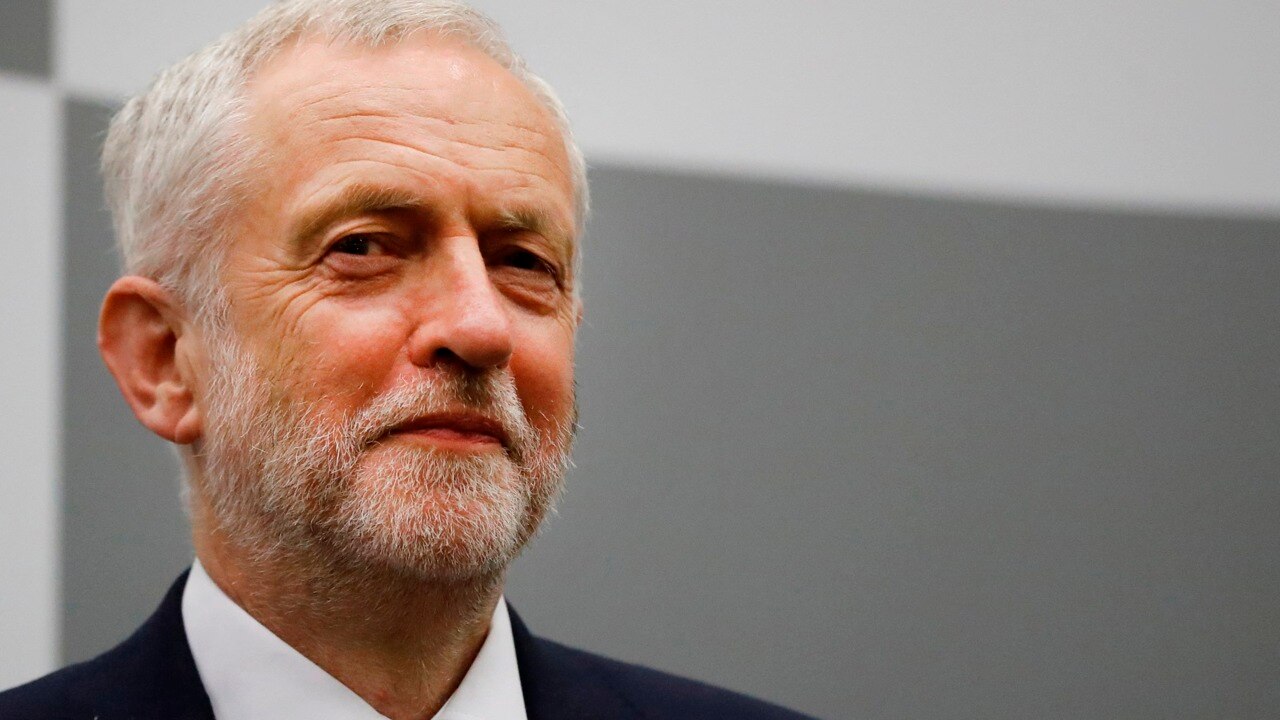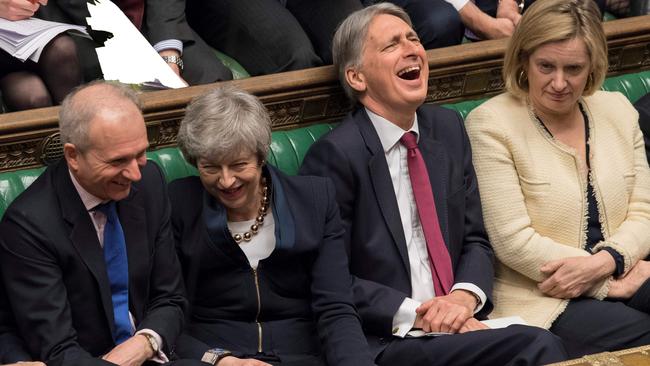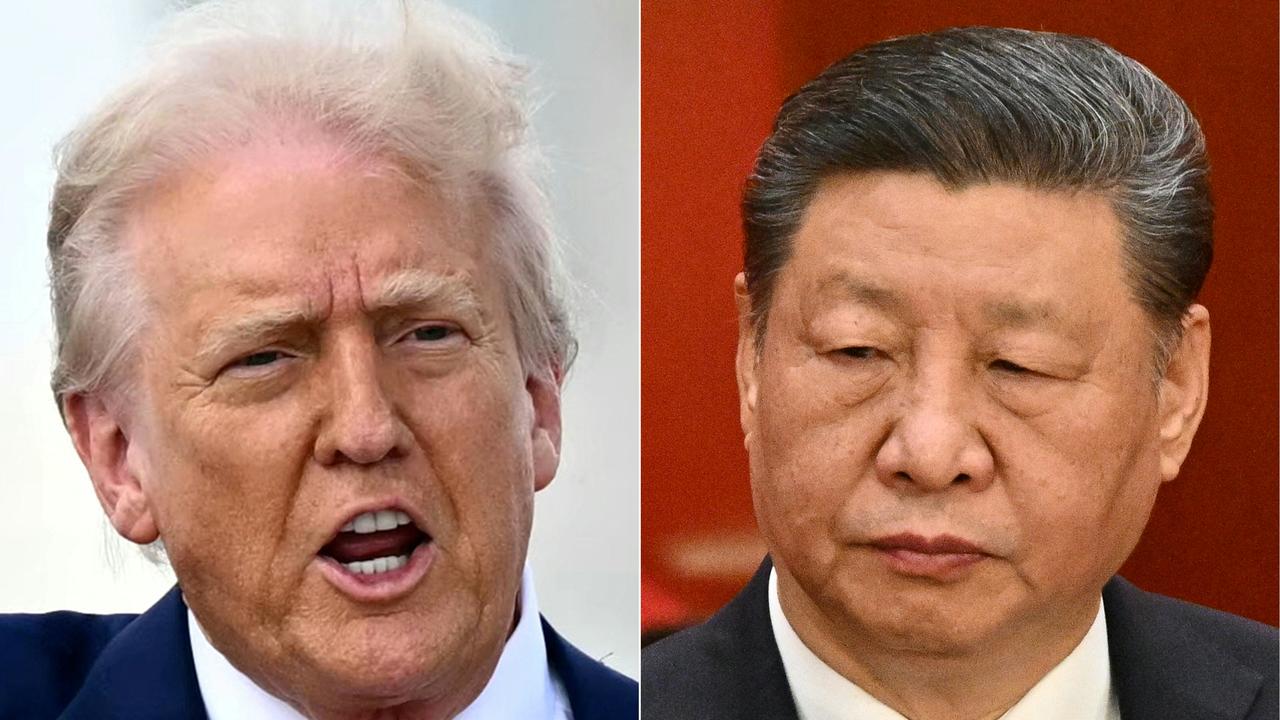Bill could bite MPs
British parliamentarians passed a bill in the House of Commons designed to stop a no-deal Brexit, but it could actually hasten it.

Uncertainty and chaos continues to envelop the Brexit process after British parliamentarians passed a bill in the House of Commons designed to stop a no-deal Brexit, but which in effect could hasten it.
In another dramatic scene at Westminster, backbench MPs forced through the bill of Labour’s Yvette Cooper in a single day with the slimmest majority, one vote.
Prime Minister Theresa May met Opposition Leader Jeremy Corbyn for crisis talks to find some softer form of Brexit, an extraordinary situation that has enraged backbenchers and party faithful on both sides.

The talks were continuing last night, but early indications suggested several stumbling blocks. Mrs May was reportedly holding out on crossing her “red lines’’ and switching to a softer Brexit. But if there is to be any movement, she wants it attached to the political declaration, which is the vague future relationship that has yet to be negotiated with the EU.
But Labour wants any new compromise to be part of the withdrawal agreement, and in law, so that any future Tory prime minister cannot rip it up.
Mr Corbyn said after the first two-hour meeting “there hasn’t been as much change as I expected’’. He said Labour wanted a Customs union with the EU and access to its single market and he flagged a public vote to prevent crashing out or leaving on a bad deal.
Angry Brexiteers have been joined by some of the party’s most faithful MPs, united in their disgust that Mrs May has turned to Labour to try and get its support to force her withdrawal agreement through the parliament next week.
Behind the scenes, Tories have been briefing about the terrible consequences of remaining in a Customs union, fearful it would tie their hand in future trade deals and allow the EU to make important trade decisions affecting the country, but without Britain having any say in those decisions.
Tory Caroline Johnson said at question time: “If it comes to the point when we have to balance the risk of a no-deal Brexit versus the risk of letting down the country and ushering in a Marxist, anti-Semite-led government, what does she think at the point is the lowest risk?’’
Mrs May suffered two ministerial resignations as a result of her Labour overtures. Junior Brexit minister Christopher Heaton-Harris followed the minister for Wales Nigel Adams in quitting the government over Mrs May’s “grave error’’ in legitimising Mr Corbyn’s role in the Brexit future.
MPs have even tried to get an indicative vote on her leadership within the Tory party to illustrate how little backing she has. MPs have also canvassed a vote strike on non-Brexit issues so government business would collapse.
Labour politicians were similarly wary of the joint project.
Labour MP Ben Bradshaw said Mrs May’s moves were “clearly a trap designed to try to get May’s terrible deal through, which some people have fallen for, but Labour mustn’t’’. He said any concessions were temporary and not legally binding and attached to the political declaration. Some Labour backbenchers were insisting a referendum must be attached to any deal to get their support.
With the EU’s crisis meeting next Wednesday, two days before the legal default of a no deal on Friday, a panicked House of Commons voted 313-312 to force the government to seek an extension to article 50 beyond April 12. If passed by the House of Lords, the bill will be given Royal Assent and will be passed into law.
But Brexit Minister Robin Walker told the Commons there was now a risk created by the bill “that we could be timed out’’. He said that if the EU proposed an extension of alternative length, the Prime Minister must return to the Commons to put forward that proposal. “I struggle to see how we could carry out such a negotiation through correspondence in 24 hours before we leave,’’ he said.
The EU is considering granting a long extension of about two years but on the proviso Britain doesn’t vote on key budget and trade matters while still a member.
European Commission president Jean-Claude Juncker said: “If the UK is in a position of having approved the withdrawal deal with a viable majority by April 12, in that case the EU would also accept an extension until May 22.
“If the House of Commons does not adopt a positive position before that date, no short-term extension will be possible.”




To join the conversation, please log in. Don't have an account? Register
Join the conversation, you are commenting as Logout